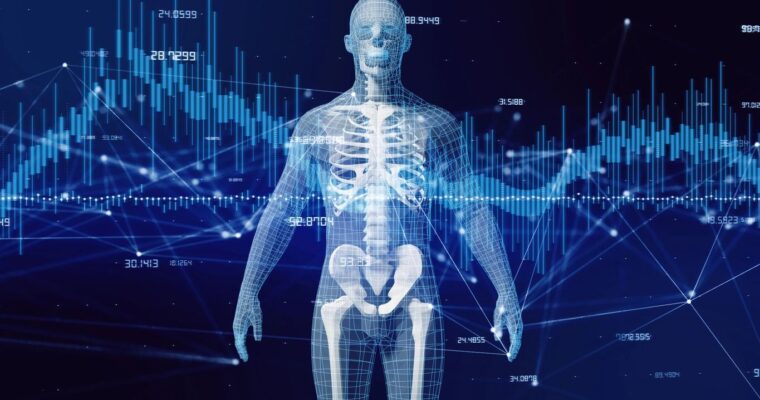L-Carnitine for Fat Loss – Useful or No?

Can l-carnitine supplementation be useful for people trying to lose body fat? The verdict is still out according to one literature review published in 2017. L-carnitine is an amino acid

Can l-carnitine supplementation be useful for people trying to lose body fat? The verdict is still out according to one literature review published in 2017. L-carnitine is an amino acid

Does a gluten-free diet (GFD) help people with irritable bowel syndrome (IBS) & non-celiac gluten sensitivity (NCGS)? Or is it only effective for people with NCGS? NCGS is a type

Digestive enzymes (DEs) break down macronutrients to be digested and absorbed by the body. The digestive system produces them. In some cases of gastrointestinal illness or malfunction, DEs are recommended

Does intensephysical exercise modify microbiota density and composition?

FODMAPs (an acronym for “fermentable oligosaccharides, disaccharides, monosaccharides, and polyols) are short-chain carbohydrates. They are difficult for the small intestines to absorb, so they are fermented by the microbiota in

Is there such a thing as increased intestinal permeability as a pathophysiological state (aka “leaky gut”)? Based on my research, I must conclude that there is indeed such a thing